
Plutocrats
The Rise of the New Global Super Rich and the Fall of Everyone Else
Recommendation
Journalist Chrystia Freeland’s exhaustive research into the rise of the ultrawealthy class provides a bird’s-eye view of the global economy and a harbinger of where the world is headed. She presents history, modern data, facts and occasional snippets of conversations verging on gossip. Finding nuggets gleaned by eavesdropping on cocktail party chatter in an intellectual book is fun, and it illustrates clearly why you should be less concerned about the gap between the 1% and the 99%, and more worried about the disparity between the rich 1% and the far richer 0.01%. With its insights into the lifestyles and ideations of the “superrich” – plus its snapshots of the plight of the middle class and the increasing peril of the impoverished – this analysis contains more socioeconomic information than a semester of graduate school. Though the narrative is disjointed, Freeland presents solid, thought-provoking insights. getAbstract recommends her work to anyone concerned about the social and political impact of concentrated wealth and power.
Summary
About the Author
Chrystia Freeland, former deputy editor of Canada’s The Globe and Mail and a veteran of the Financial Times in New York and London, is the digital editor at Thomson Reuters.








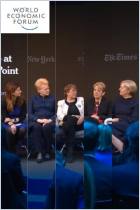
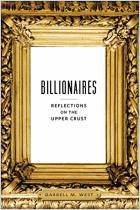
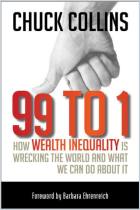
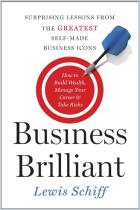
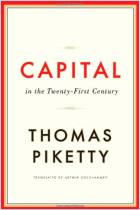
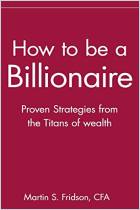
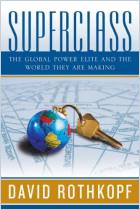




Comment on this summary or Démarrer une discussion